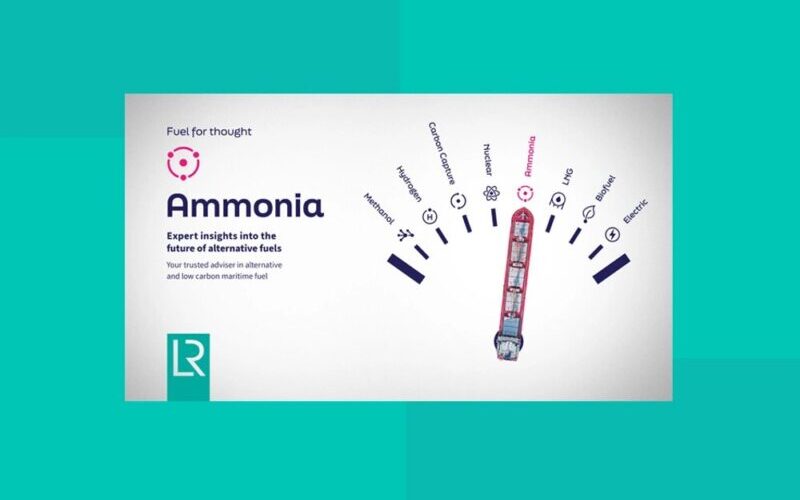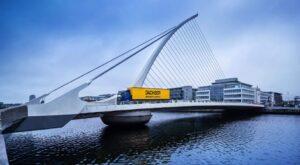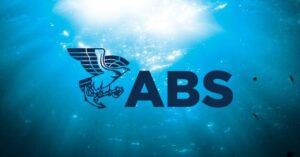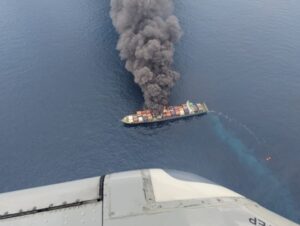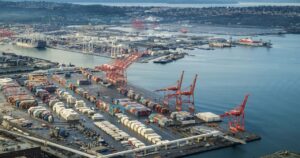A new Lloyd’s Register (LR) report has emphasized the need for industry-wide knowledge of operational and safety difficulties when using ammonia as a marine fuel for the maritime energy transition.
According to the report, adopting efforts to construct a framework now will allow the sector to avoid delays and build on the strong technological case for ammonia adoption.
The marine sector may benefit from decades of expertise delivering ammonia as cargo to ensure safe handling and infrastructure. However, there are ongoing concerns about ammonia toxicity, crew knowledge and training, and the overall influence on aquatic, human and environmental health.
READ: WinGD, Mitsubishi Shipbuilding collaborate on ammonia fuel supply system
The study also found that among the factors to consider for ammonia adoption, social acceptance and scalability are key.
The pricing of renewable electricity, green hydrogen and carbon capture will all impact ammonia’s affordability as a marine fuel.
According to LR, clean ammonia producers, who are looking to upgrade production to create blue and green ammonia, see potential in increased demand from agriculture and other sectors, as well as shipping, all putting pressure on supply.
READ: Lloyd’s Register, Green Marine explore methanol development
Liam Blackmore, Principal Specialist – Decarbonisation at Lloyd’s Register, said: “Fuel for thought: Ammonia, underlines the importance of addressing regulatory gaps, technology application and production hurdles to ensure the seamless integration of ammonia into the marine fuel landscape as part of the maritime energy transition.
“By proactively developing a robust framework, it is possible to accelerate the adoption of this, whilst mitigating potential risks and hazards.
“LR is committed to supporting first movers in ammonia and other alternative fuels, drawing upon our extensive experience and expertise in maritime safety and regulation to help deliver innovative solutions that prioritise safety and reliability.”
According to a previous LR research, to comply with Fuel EU and EU ETS rules, shipowners should deploy their most efficient boats on certain routes and adopt intelligent fuel and technology plans.

